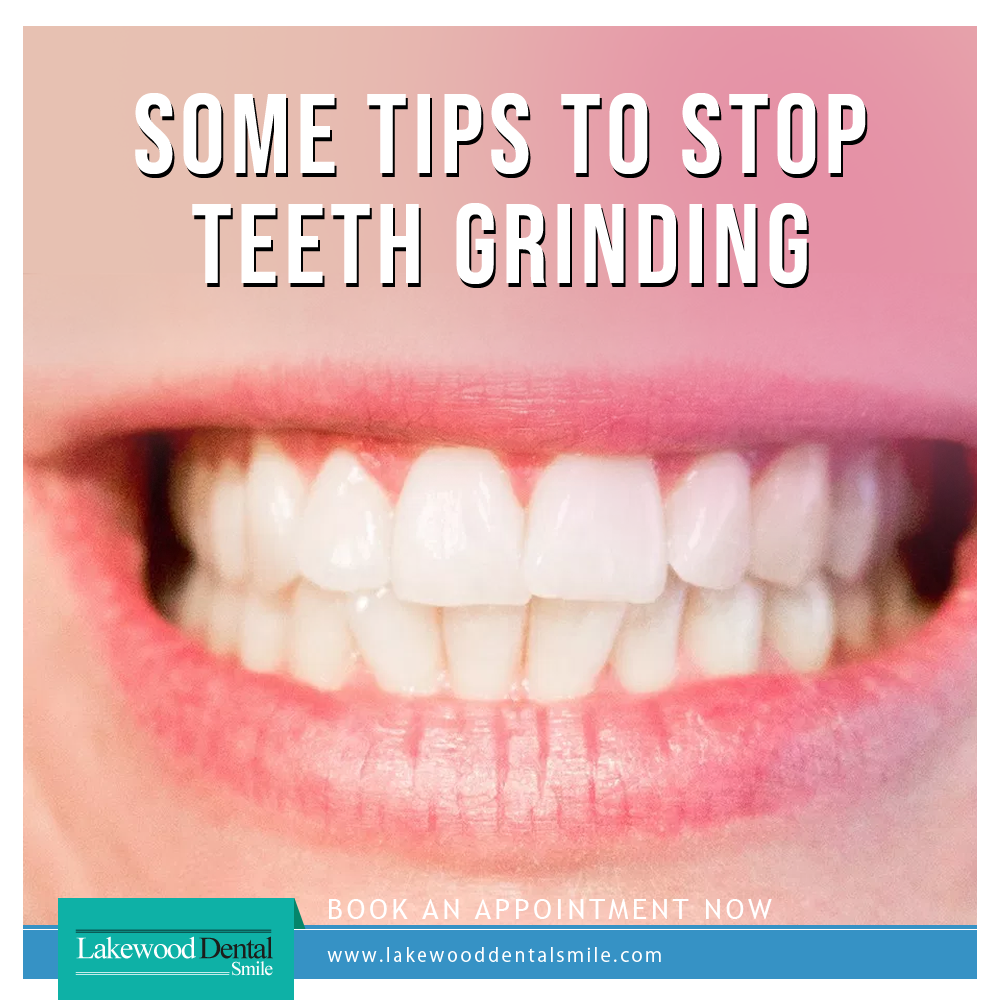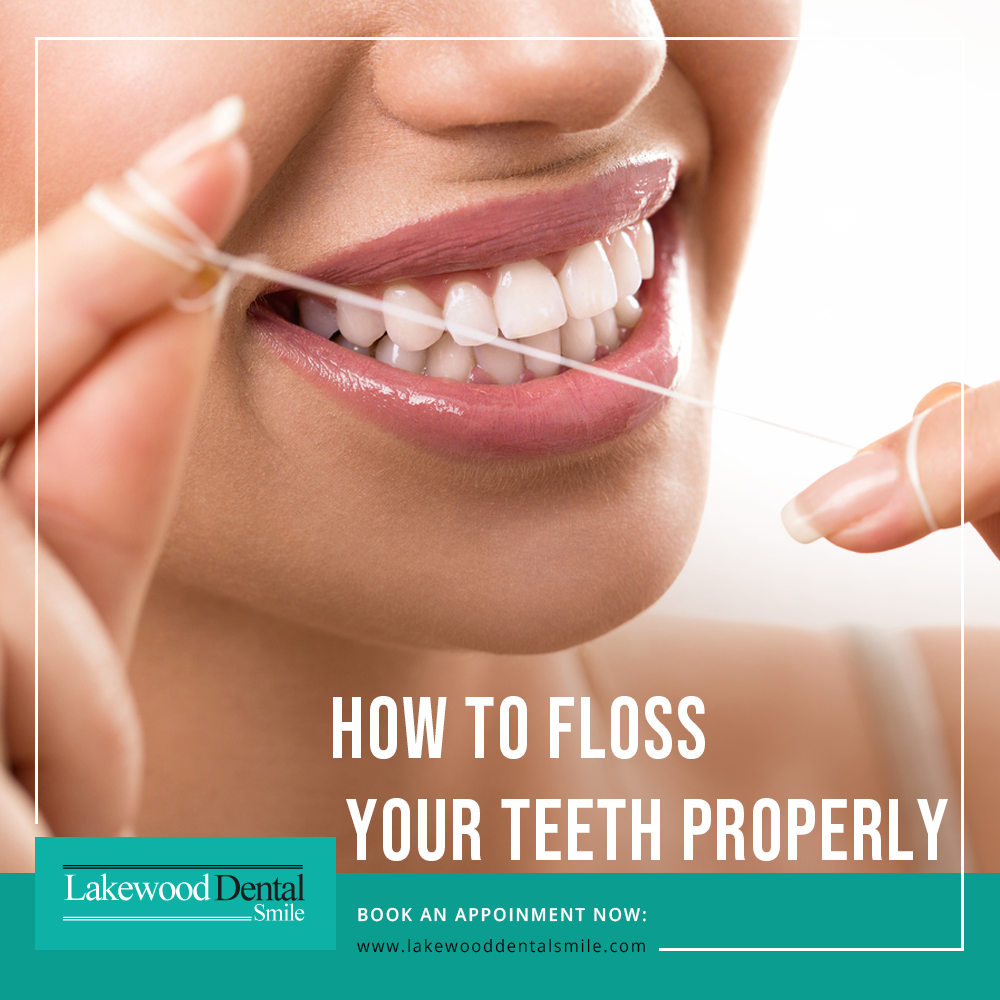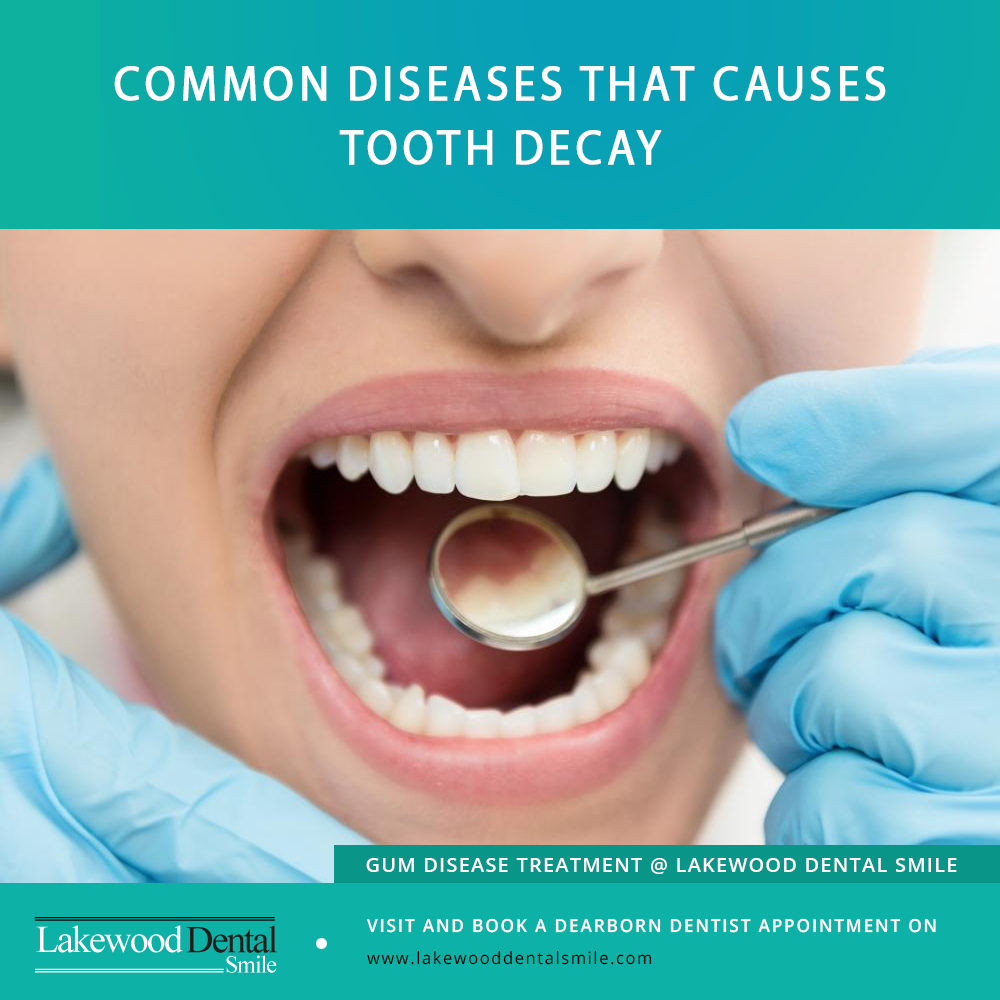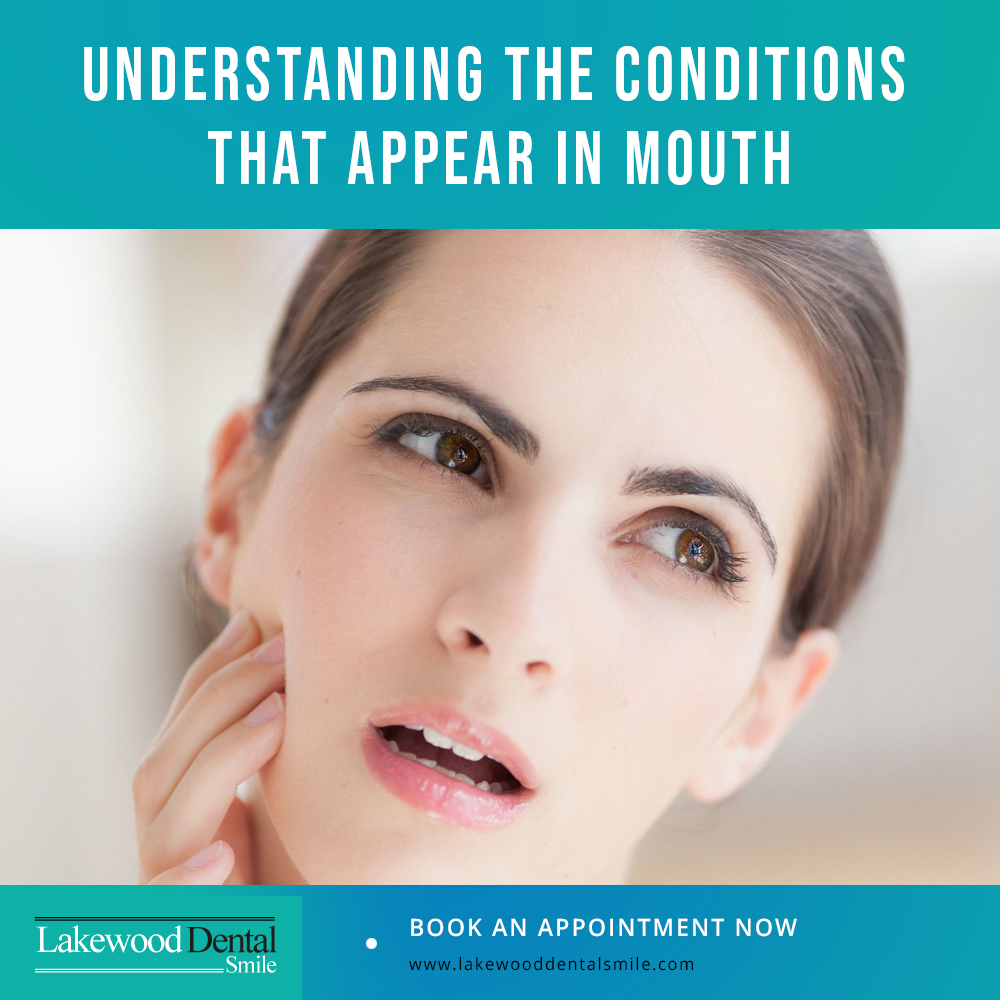Holding or crushing your teeth incidentally is ordinary and normally won’t cause harm, but when done consistently, it can hurt your teeth and cause other oral problems. Teeth grinding, actually called bruxism can have diverse causes, but it’s activated by pressure, medical conditions, or crooked or missing teeth. Teeth grinding normally happens during sleep, so it may be hard for individuals to know whether they have bruxism.

The signs include a sore jaw or constant headache, and the partner can hear the grinding. Your dentist can look for indications, such as any changes in teeth as well as jaw tenderness. Broken teeth or loose teeth can be the results of severe bruxism and may require a root canal or dental implants are the solutions for this. This extreme teeth grinding can damage your jaw and may change the shape of your face. Here are some tips that will help you stop grinding:
Use a Night Guard: Your dentist may recommend wearing a Nightguard. It helps you to protect your teeth. It is an appliance made from plastic or acrylic that is placed over your top teeth. Though it won’t stop you from grinding, it protects your teeth.
Exercise: What exercise has to do with bruxism, you might be wondering. Isn’t it? Bruxism is associated with stress. Exercising out will help you reduce the stress, you can opt the length of exercise as you choose.
Take a Warm Bath Before Bed. Warm water can help relax your jaw muscles right before you turn in. If you don’t like baths, soak a washcloth in warm water, wring it out, and apply it to your jaw. A heating pad can also do the trick, though moist heat is best because it penetrates better.
Relax: Relax and relieve stress just before bed time. It is the best way to get rid of anxiety. Go to bed when you are relaxed can reduce the possibility of grinding.
Learn New Habits. You might grind the teeth during the day. So keep your lips closed and teeth apart. Teeth should only touch when you’re chewing or swallowing. Whenever you feel your jaw clenching, drop your jaw down, feel the muscles relax, and then try to maintain that position.
Give Yourself a Massage. A small massage to your body by yourself will help you relax and it works the same way for your jaw muscles. Gently massage them when you are feeling tense.
Avoid Alcohol and Caffeine. Grinding may become intense after drinking alcohol or caffeine. So skip that glass of wine or cup of coffee in the evening.
Don’t Chew Anything Besides Food. Biting at pencils or pens or similarly hard items can enable your jaw muscles to tighten, making you more likely to grind your teeth.
Diagnosis and Treatment of Bruxism
The best way to confirm if you suffer from bruxism is to tell the symptoms to your dentist in the next appointment. The dentist can review the patterns on your teeth and examine jaw to identify whether you’ve been grinding or clenching without realizing it.
From there, your dentist may prescribe a mouth guard, which will prevent your teeth from touching while you sleep and give you something to bite into if you clench your jaw. The mouth guard will probably take some getting used to, but it’s important that you stick with it and continue wearing it. Your mouth will adjust over time and you’ll soon be wondering how you ever slept without one. You can consult with Lakewood Dental Smile at Dearborn, Michigan if you are facing the teeth grinding issues while in the sleep. Through right consultation and advice, you can witness a clear change.





